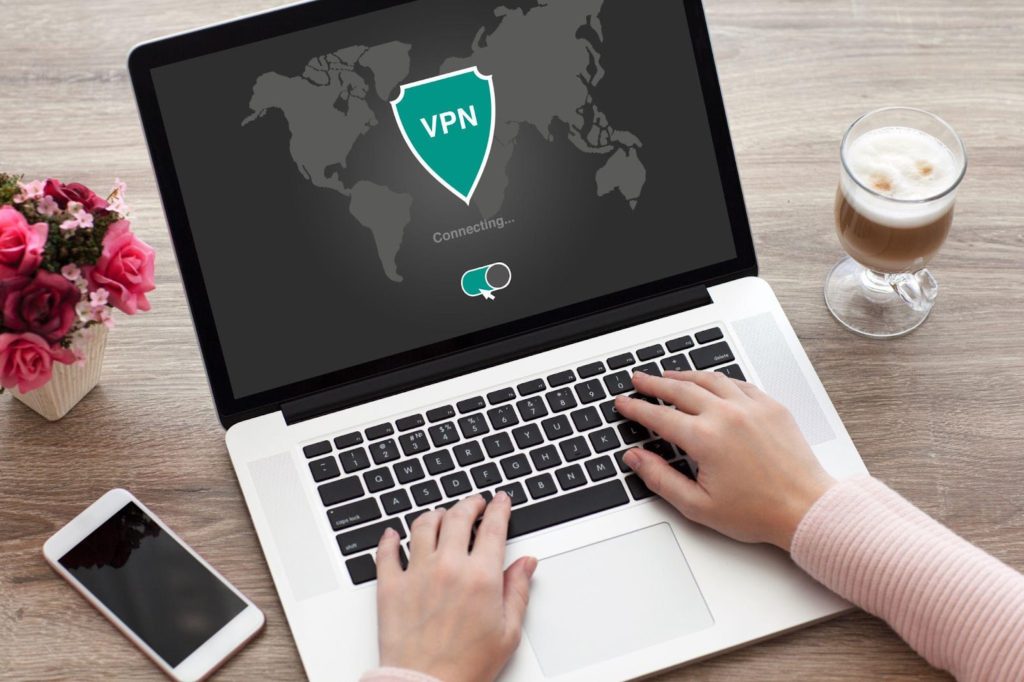
A VPN — or a virtual private network — is a network that a person may use in order to keep themselves more secure. But what exactly does it entail, and exactly how does it help keep a person more secure on the Internet?
Post Contents
What does a VPN do?
A VPN allows you to utilize a protected private network in order to ensure that your usage of public networks has fewer security risks. By using a VPN, your Internet traffic is encrypted, and your identity on the Internet is disguised. It accomplishes this by concealing your IP address by redirecting the IP address through a remote server operated by the VPN host. Essentially, whatever data that someone may try to obtain about you is essentially useless to them.
Why should I consider getting a VPN?
Essentially, the reasons for getting a high speed VPN are going to be dictated by whether the features appeal to you well. The reasons why VPNs are so common these days is because they provide a high degree of security to those who use them. One of the biggest, and perhaps the best reasons to get a VPN is the above-mentioned useless data. Whenever you are dealing with a third-party trying to get your access, a VPN can help ensure that any such attempts to obtain your private data is for naught. You can also prevent third-party websites and your Internet service provider (ISP) from tracking the websites that you visit, since the traffic is tied to the VPN and not tied to you directly.
Another advantage of using a VPN is the breadth of content that is available for you. While there is a lot of stuff on the Internet, not all of it is accessible to all places. For example, the website YouTube allows channels to prevent certain areas from viewing videos they made. For instance, a UK-based website may deem that only people in Europe are allowed to view their videos. By using a VPN and picking a European country to declare yourself as residing in, you can get around this block fairly easily.
One major advantage to VPN usage is to make data transfer safer for businesses. This is especially important more recently, now that a significantly higher number of people are working from home. Because of this, a company needs to be able to trust that their employees are able to transfer data to each other without having that data potentially compromised. If the data is important enough, this could seriously impact the company, potentially losing a lot of money in the process.
Gamers, in particular, can benefit from VPN usage as well. Specifically, for those who play League of Legends (LoL). This is because LoL VPNs are faster and more secure than regular ones. By using a LoL VPN, gamers can be assured that their connection to the game’s servers is always secure, without having to worry about latency issues or other problems. Furthermore, it also helps reduce the amount of DDoS attacks that are sent at players in-game, since much of this data is blocked while using a secure LoL VPN.
Are there any issues involved in using a VPN?
It is not at all uncommon for someone to be skeptical about using a VPN. After all, for public consumption, they are relatively recent, and as such, are relatively unknown to a lot of people. VPNs also require more Internet usage, which may be too taxing depending on the strength of your connection. The fact that the best VPN providers require a monthly fee can also make people reluctant to pay an entry fee to try it out in the first place. If you cannot find the money to afford a VPN, or if the features are not appealing enough, then your best bet is to avoid getting one. You may find interest in getting a free VPN due to the savings, yet it is important to avoid such a thing.
One of the best lessons a person can ever take is “you get what you pay for.” The reason you have to pay for a VPN is that there are a lot of costs that go into making it good and secure. When you are using a free VPN, you are likely not getting the best VPN service possible. In fact, there is a very real chance that the free VPN service you choose is less safe than if you had no VPN at all. For one, because a free VPN may be of lower quality, this may mean that the protections you would expect to get are of lower quality as well. In fact, there is a very real risk that a free VPN could just as well be a scam. Following the rise of VPN services, there were inevitably efforts by bad actors to create fake VPN services that seek to make you vulnerable to them.
Even with paid VPN services, there is still a risk that your information may fall victim to bad actors. Large VPNs have suffered from data breaches in the past, and there are even issues where a VPN does not properly mask your IP address. The issue may be verified to be occurring if you go to a website that is geolocked for you normally, and find that your VPN has not fixed that issue. If this is happening, it means that the website is able to see your IP address rather than the IP address of the location chosen.